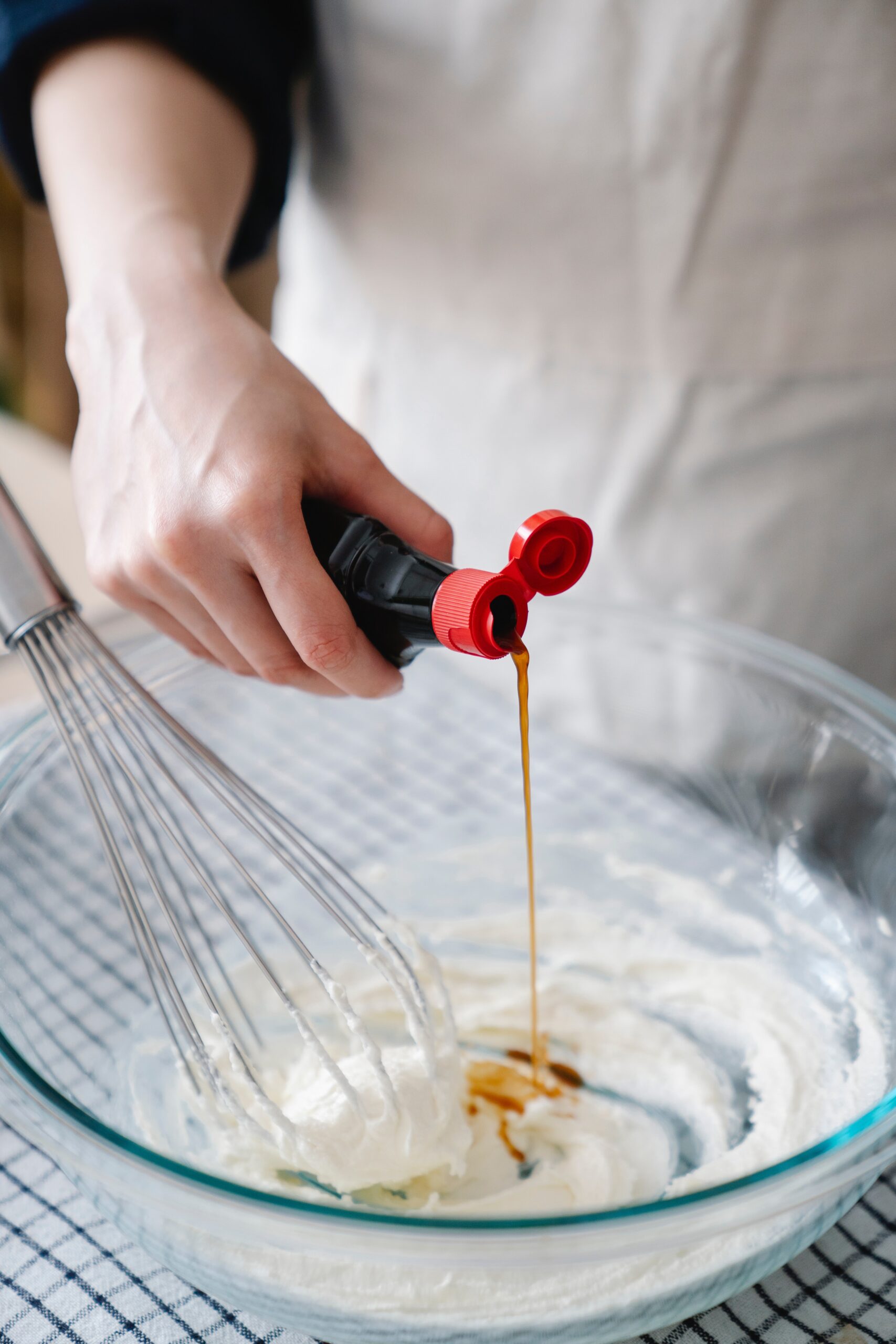
Ah, vanilla extract: that aromatic, soul-stirring essence that elevates everything from your morning latte to your baking masterpieces. But when you’re navigating the world of gluten-free living, every ingredient in your pantry comes under scrutiny. Is vanilla extract gluten-free? For those living a gluten free lifestyle, it’s important to know whether or not the products they use are safe. So, the answer to the question is yes, vanilla extract is typically gluten-free.
Now let’s uncover the truth behind vanilla extract, its gluten content, and what it means for those with celiac disease or gluten sensitivity. This exploration is not just about safety; it’s about ensuring that the joy of baking and the love of vanilla can be embraced by everyone, regardless of dietary restrictions.
What is Vanilla Extract
Vanilla extract is a flavoring ingredient made from the extract of vanilla beans. Vanilla beans are the fruit of an orchid species, Vanilla planifolia, which is native to Mexico.
The process involves steeping high-quality vanilla beans, such as Madagascar vanilla beans or Mexican vanilla beans, in alcohol to extract their natural vanilla flavor. This method captures the depth and richness of vanilla, making it a must-have for baking aficionados.
How Is Vanilla Extract Used
The extract is used to add vanilla flavor to baked goods, desserts, sauces, and other recipes. Vanilla extract is often used in conjunction with other sweet ingredients, such as sugar, to bring out the sweet and fragrant notes of the vanilla. The most common type of vanilla extract used in cooking and baking is made from Bourbon (Madagascar) vanilla beans and contains alcohol, water, and vanilla flavor compounds.
Is Pure Vanilla Extract Gluten Free
The good news for gluten-free enthusiasts is that pure, real vanilla extract is generally considered gluten-free. The alcohol used in making vanilla extract, even if derived from wheat, barley, or rye, undergoes a distillation process that removes gluten proteins. However, for those with celiac disease or severe gluten sensitivity, opting for vanilla extract brands that are certified gluten-free can offer additional reassurance.
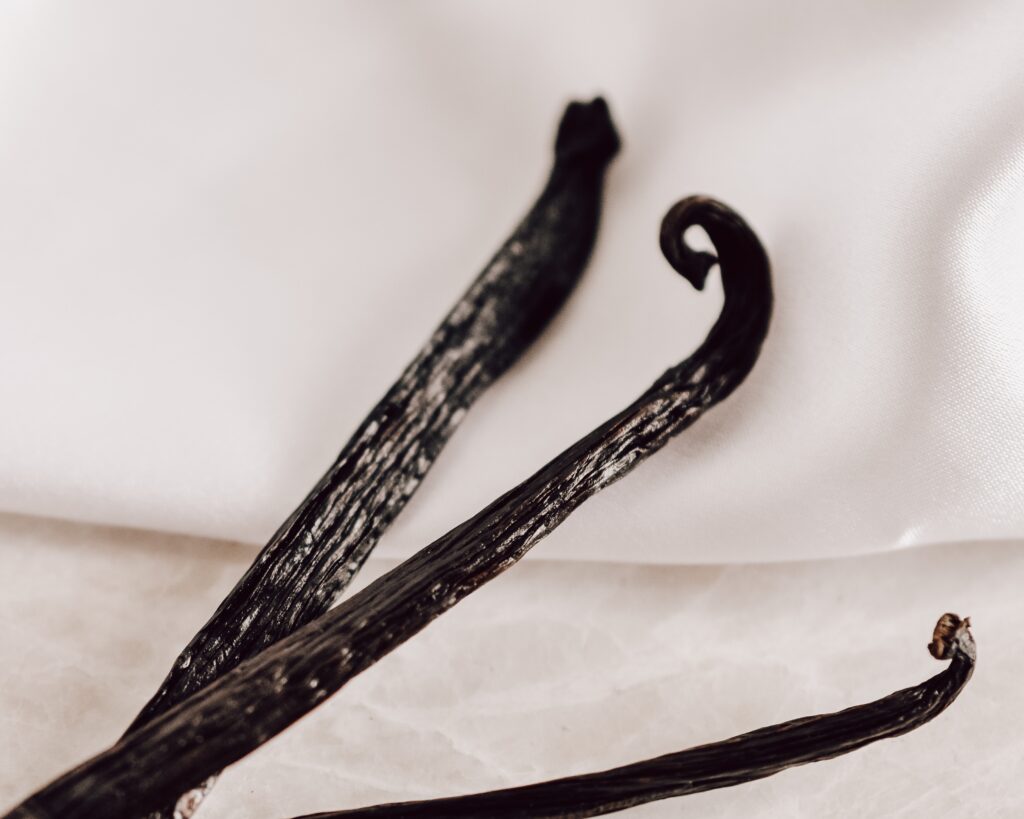
Is Vanilla Extract Safe for Celiacs
Yes, pure vanilla extract is generally safe for individuals with celiac disease. Real vanilla extract is made by steeping vanilla beans in alcohol, which should remove any gluten, even if the alcohol was initially derived from gluten-containing grains.
However, individuals with celiac disease are advised to choose vanilla extracts that are specifically labeled or certified as gluten-free to ensure there is no cross-contamination or gluten-containing additives. Imitation vanilla flavoring should be approached with caution, as it may contain gluten or be processed in facilities that handle gluten-containing products.
What is Imitation Vanilla Extract
Imitation vanilla extract, also known as artificial vanilla flavoring, is a synthetic version of vanilla flavor produced from chemical compounds such as vanillin, which can be derived from sources like wood pulp or petroleum byproducts. Unlike real vanilla extract, which is made by infusing alcohol with natural vanilla beans, imitation vanilla aims to mimic the flavor of vanilla at a lower cost. Although it lacks the complex flavor profile of true vanilla extract made from vanilla beans, it is commonly used in baking and food products where the nuanced taste of genuine vanilla is not essential.
Is Imitation Vanilla Gluten Free
While real vanilla extract is typically safe, imitation vanilla flavoring poses a greater risk. Some artificial vanilla extracts may use gluten-containing ingredients or additives. For the gluten-free community, it’s crucial to avoid these imitation products and instead choose quality vanilla extracts that guarantee a gluten-free label.
Tips on Selecting Gluten Free Vanilla Extract
Glutenfree Vanilla Extract Brands
To ensure your vanilla extract is gluten-free, look for products with a certified gluten-free label. Brands like McCormick and Simply Organic offer certified gluten-free vanilla extracts, providing peace of mind for those concerned about gluten content. These certifications mean the product has undergone rigorous testing to meet strict gluten-free standards.
Reading Labels and Ingredients
Beyond certification, always read labels carefully. Quality vanilla extract should list natural vanilla flavor, alcohol, and sometimes water as its ingredients. Steer clear of brands with ambiguous ingredients or those that don’t explicitly state they are gluten-free.
Common Uses of Real Vanilla Extract in Recipes
Vanilla extract is a flavor ingredient that is commonly used in baking and cooking to add a sweet, rich and warm taste to desserts, baked goods, and drinks. It is made by steeping vanilla beans in alcohol and water to extract the flavor and aroma. Some common uses for vanilla extract include:
- Adding flavor to cakes, cookies, muffins, and other baked goods
- Enhancing the flavor of ice cream, puddings, and custards
- Adding depth to sauces, marinades, and savory dishes
- Stirring into coffee, tea, or hot cocoa for a sweet and creamy taste
- Using as a topping for fruit or in fruit smoothies
It’s important to note that pure vanilla extract is typically made with high-quality vanilla beans and has a more robust flavor than imitation vanilla extract, which is often made with artificial flavors and ingredients.
Recipes Using Vanilla Extract
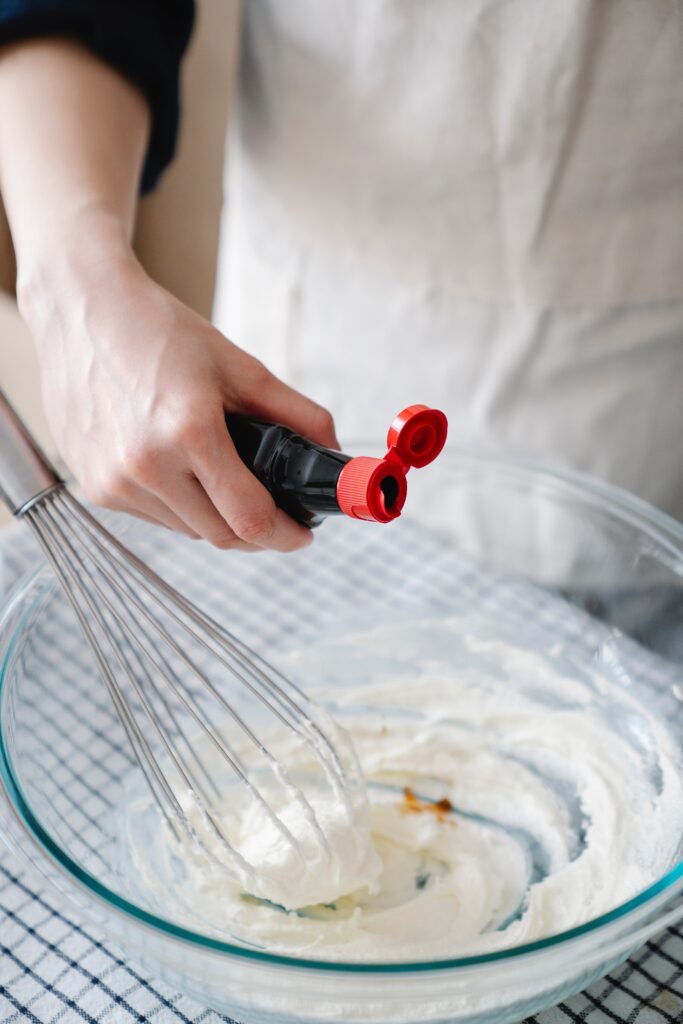
Is Real Vanilla Extract Worth it?
Whether pure vanilla extract is worth it or not depends on several factors, including your personal taste preferences, the type of dish you are making, and your budget. Here are some reasons why you might choose to use pure vanilla extract:
- Better Flavor: Pure vanilla extract is made from high-quality vanilla beans and has a more intense and complex flavor than imitation vanilla extract. This can enhance the flavor of your baked goods, desserts, and other dishes.
- Quality Ingredients: Pure vanilla extract is made with natural ingredients, while imitation vanilla extract may contain artificial flavors, preservatives, and other ingredients that some people prefer to avoid.
- More Versatile: Pure vanilla extract can be used in a wide range of dishes, from sweet to savory, while imitation vanilla extract may not be suitable for all types of cooking and baking.
However, pure vanilla extract can also be more expensive than imitation vanilla extract, so if cost is a concern, you may want to consider using the imitation variety for some dishes and saving the pure extract for special occasions or dishes where the flavor is particularly important.
Ultimately, whether or not pure vanilla extract is worth it will depend on your individual needs and preferences.

Vanilla Extract Key Takeaways
- Gluten-Free Vanilla Extract: Most vanilla extract, including those made with real vanilla beans and alcohol, is naturally gluten-free. The distillation process typically removes gluten from the alcohol, making it safe for individuals with celiac disease or gluten sensitivity.
- Certification Matters: For peace of mind, look for vanilla extract brands that are certified gluten-free. This certification ensures the product has been tested and meets strict gluten-free standards.
- Beware of Imitation: Imitation vanilla flavoring and some artificial vanilla extracts may contain gluten or are processed in facilities with gluten-containing products. Always read labels carefully.
- Quality Counts: High-quality vanilla extract made from Madagascar vanilla beans or Mexican vanilla beans is not only more flavorful but also more likely to be gluten-free. These premium products prioritize natural ingredients and traditional extraction methods.
- Versatile Baking Ingredient: Gluten-free vanilla extract can be used in a wide range of recipes, from chocolate chip cookies to cakes, ensuring that your gluten-free baking is never lacking in flavor.
- Educate and Share: Understanding and sharing information about gluten-free ingredients, like vanilla extract, can make baking and cooking a more inclusive experience for everyone.
Conclusion
In the quest for gluten-free baking, vanilla extract emerges as a safe and flavor-enhancing ally. Most natural vanilla extracts are gluten-free by nature, but selecting certified gluten-free products can provide additional assurance for those with celiac disease or gluten sensitivity. By choosing high-quality, real vanilla extract—preferably from reputable sources like Madagascar or Mexican vanilla beans—you can enjoy the rich, aromatic essence of vanilla without the gluten worries. Let this guide inspire you to bake with confidence and share the joy of gluten-free flavors with everyone around your table. Remember, the best recipes are not only made with love but with consideration for all dietary needs.

Christopher is a food and lifestyle expert, recipe developer and the content creator behind May Eighty Five. With years of experience in the kitchen, he also shares tips, tricks and how to’s that he has learnt over the years. Every week, he shares quick, simple and mostly healthy recipes along with some home and entertaining tips. You will find flavorful cocktails, delicious appetizers, tasty mains and some indulgent desserts. As a home decor enthusiast, he also likes to share simple DIY projects and simple tips for a beautiful home.


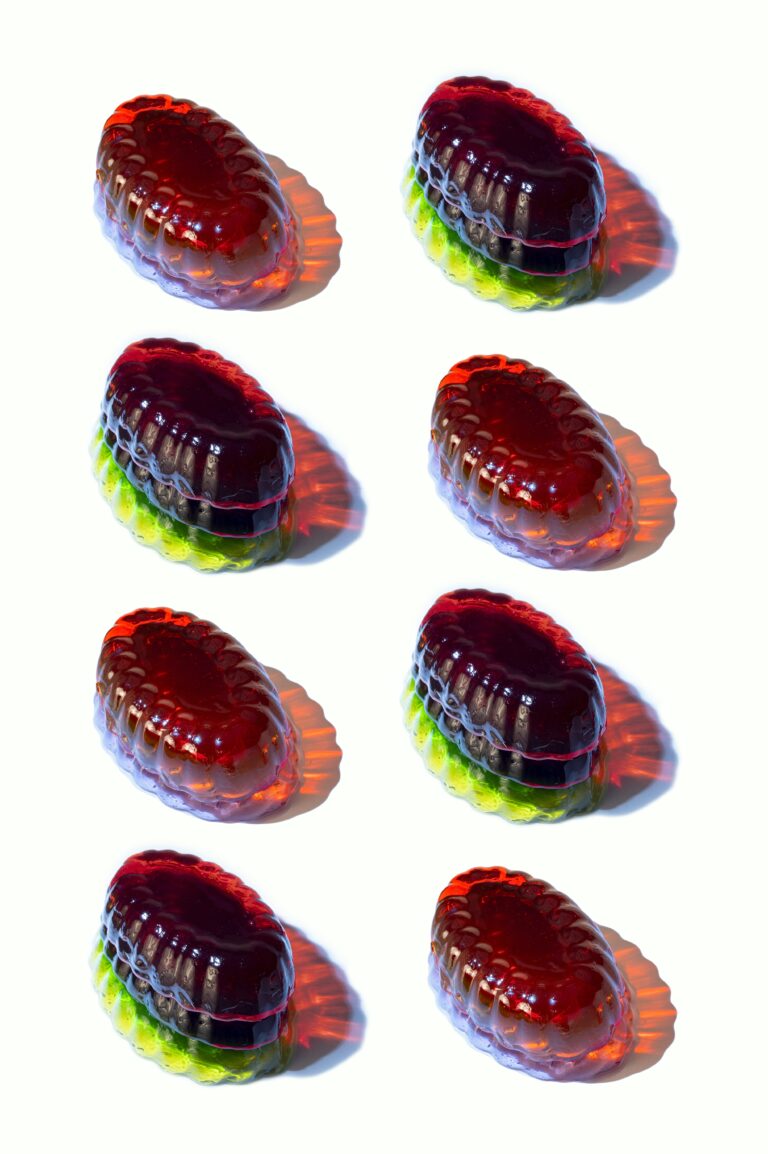
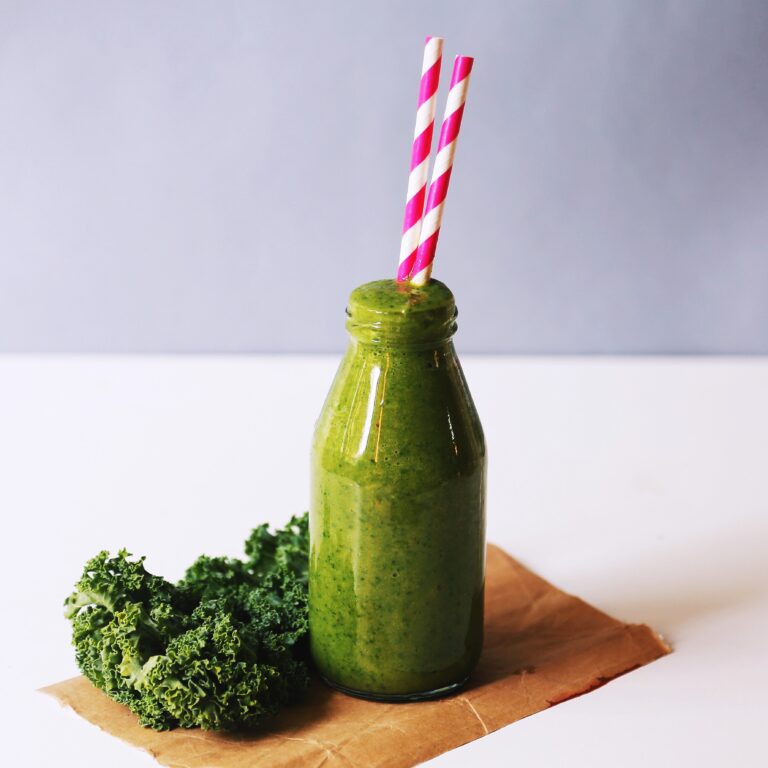

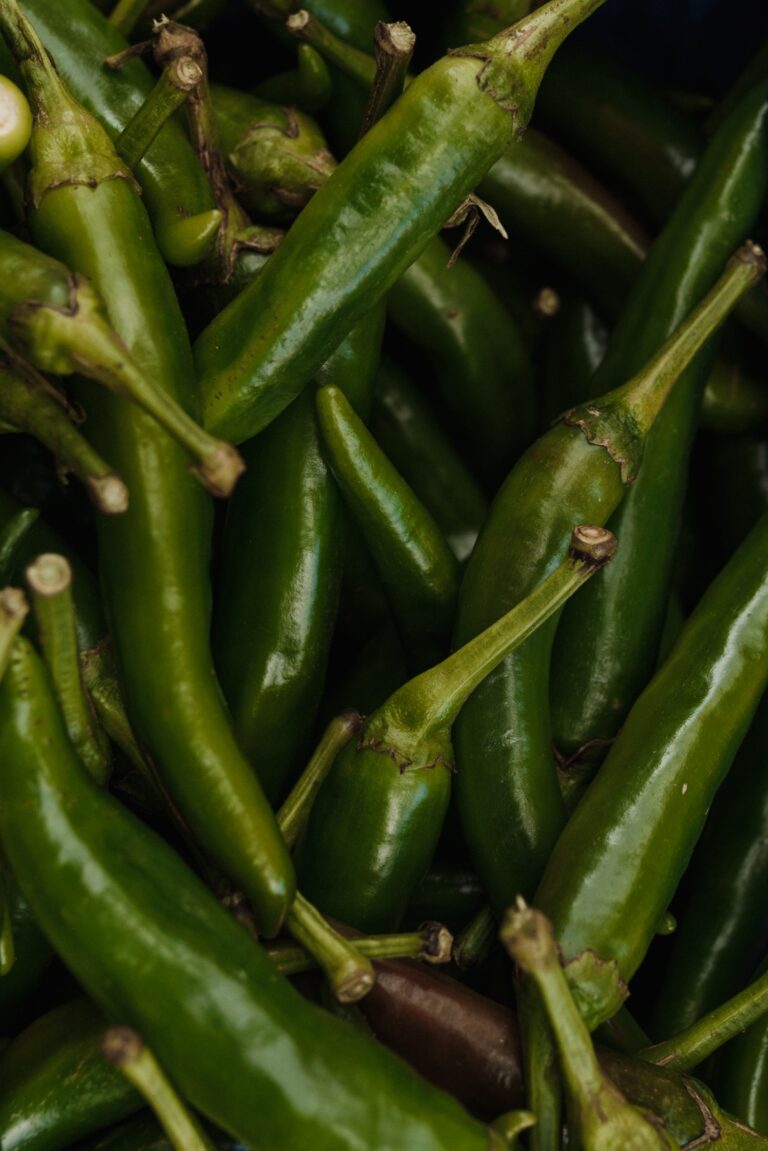
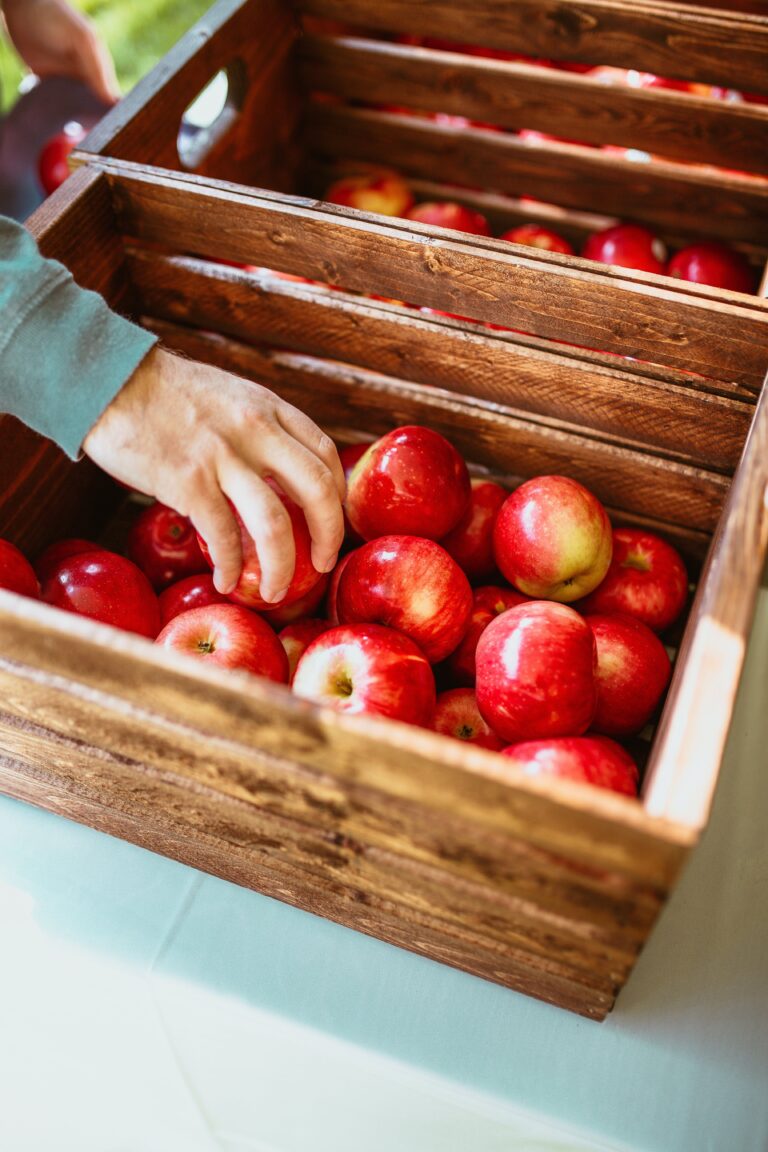
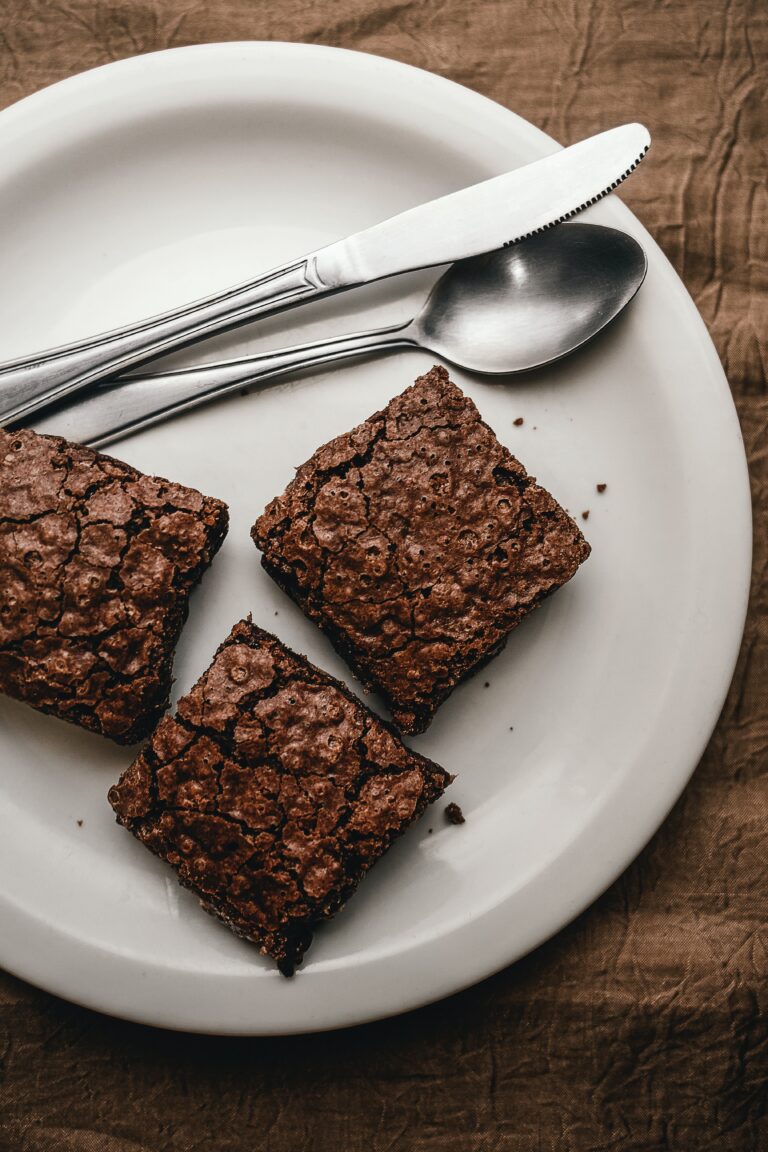
25 Comments